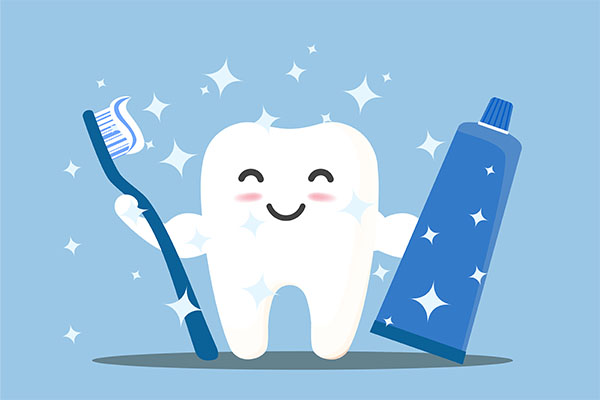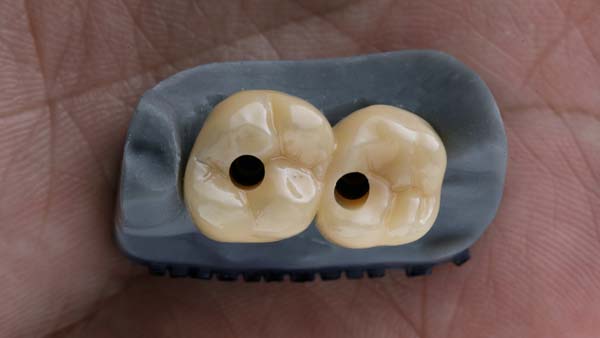 Dental crowns can be used to fix various cosmetic and structural issues that affect the teeth. Also known as caps, dental crowns are some of the most versatile restorations used in dentistry, and they can last up to 25 years when properly maintained.
Dental crowns can be used to fix various cosmetic and structural issues that affect the teeth. Also known as caps, dental crowns are some of the most versatile restorations used in dentistry, and they can last up to 25 years when properly maintained.
Getting a dental crown attached to a tooth typically requires the dentist to remove enamel so the restoration bonds better with the tooth. The procedure cannot be reversed, so the tooth will always need a restoration to protect it moving forward.
Frequently asked questions about caring for dental crowns
Dental crowns do not require any special care, but there are simple things that patients can do to protect these restorations and get the most out of them. Here are the answers to questions that patients might have about taking care of dental crowns:
1. Can poor oral hygiene damage a dental crown?
Yes, it can. A crown cannot be directly damaged by bacteria and acids in the mouth, but the base where the patient’s tooth and the crown meet remains vulnerable to decay. Poor oral hygiene can lead to decay occurring at the base of the crown and from there, to other parts of the tooth. Dentists recommend brushing twice daily and flossing once each day to maintain good oral health.
2. Can I whiten my crown with teeth whitening treatments?
No, teeth whitening treatments work on real teeth, but they have no effect on restorations like crowns or veneers. Dentists typically recommend getting any whitening treatments before getting a crown placed. That way, the crown can be color-matched with the real teeth.
Crowns pick up stains and discoloration over time, but good oral hygiene helps prevent this. Porcelain crowns are more resistant to stains than real teeth, so they are easier to keep white than real teeth.
3. Can I eat anything with my crown?
For the most part, yes, crowns are designed to be able to withstand bite forces, so patients can enjoy all their favorite dishes if they have crowns on some of their teeth. They should avoid sticky or chewy foods for the first few days after getting crowns, however, since these can lead to the crown becoming loose or falling out. Dentists also recommend avoiding hard foods like ice and hard candies because the bite forces needed to break these down can damage real teeth and crowns.
4. Should I try to fix issues with my crowns on my own?
Absolutely not, a crown becoming loose or defective in some way leaves the tooth that it is covering exposed to acids and bacteria in the mouth. It requires immediate treatment from a dentist to protect the tooth and restore the crown. In some cases, a new crown might be recommended.
Restore damaged teeth with crowns
Are you dealing with a damaged or decayed tooth? A crown might be the right solution for that problem. Give us a call or stop by our West Grove clinic to set up an appointment with our dentist.
Request an appointment or call Jenny Chen Pediatric and Family Dentistry at 610-400-1588 for an appointment in our West Grove office.
Recent Posts
If you've suffered a broken or damaged tooth, you may want to consider a dental crown to restore your damaged smile. It's important, however, to know when your crown is getting worn and when it is time to get it replaced so that you can keep your smile looking its best. Proper maintenance and care…
A dental crown is often used to treat dental cavities, especially when the cavity is too large or too deep for a dentist to repair with a dental filling. This review provides a detailed look at when a dental crown is needed to repair a tooth that has a cavity and how a dental crown…
When someone has had a root canal, people usually think of a dental crown as the next procedure. During a root canal, the dentist first drills a tiny hole in the tooth's surface. The infected pulp is then removed, and the inner layer of the tooth is cleaned to remove any residue. Finally, the dentist…


